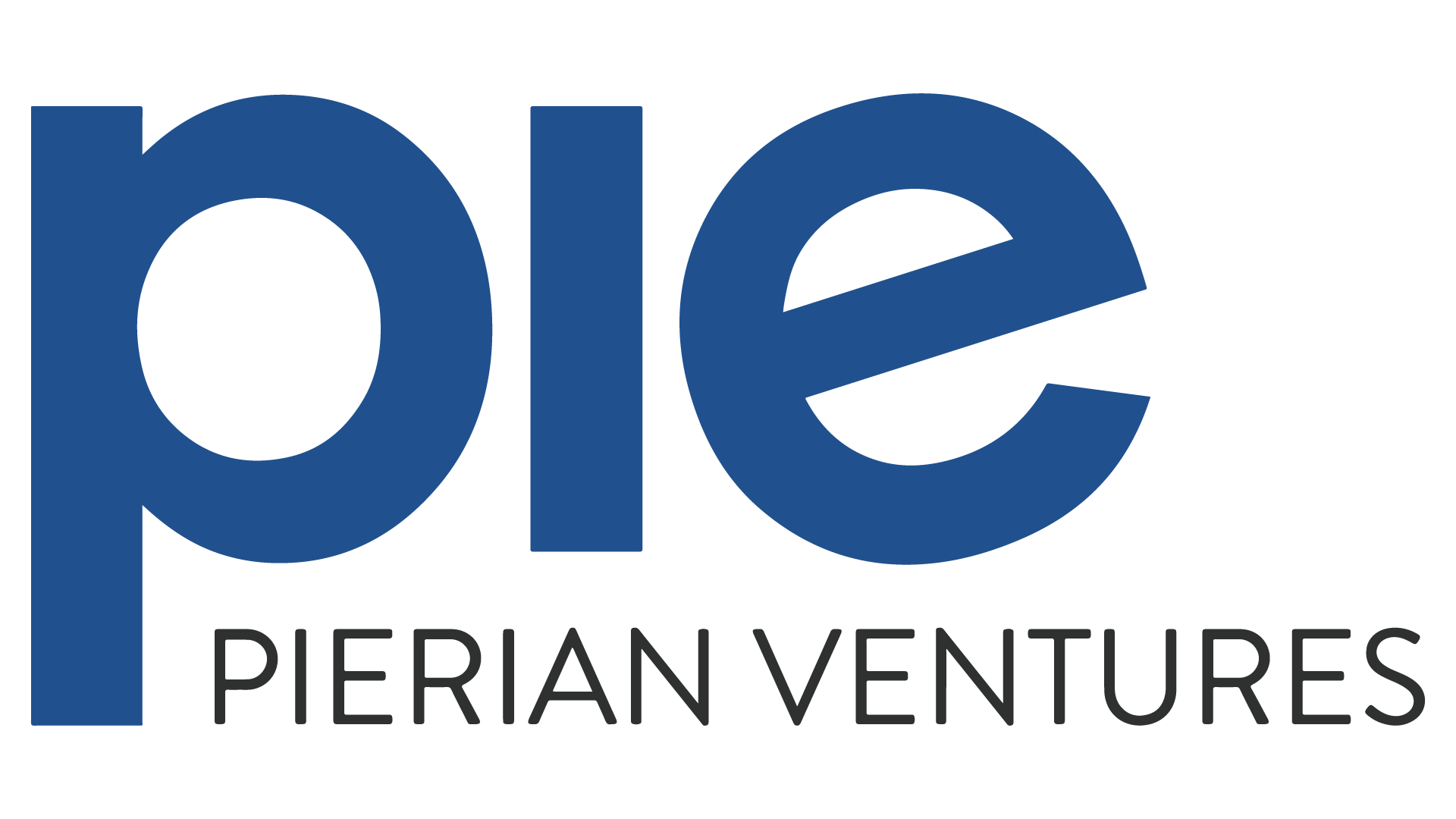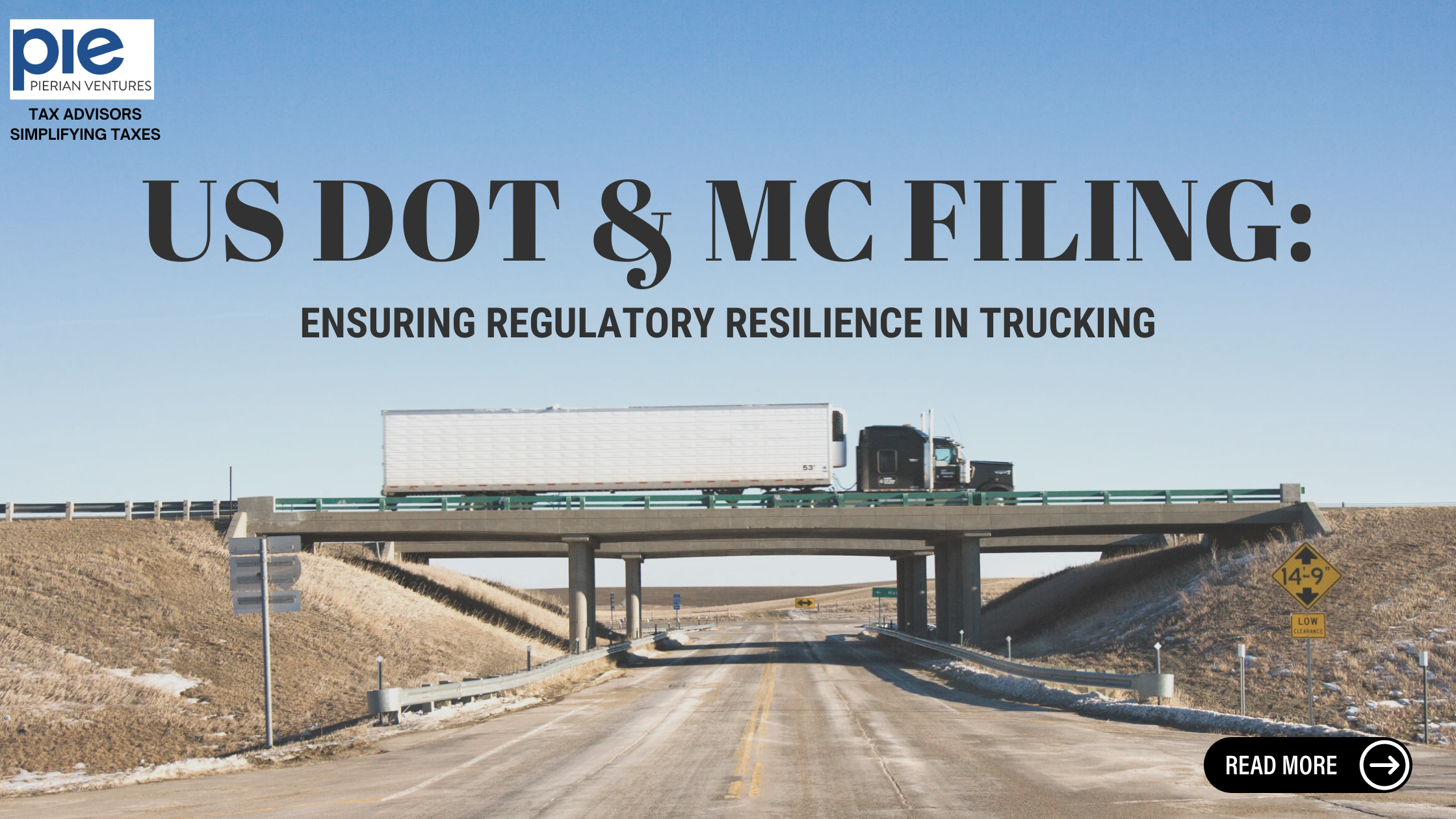The regulatory framework of the trucking industry is anything but stable. Beyond the widely recognized requirements of US DOT & MC Filing, transportation businesses must navigate an intricate web of changing legal mandates, operational risks, and financial liabilities. While many carriers understand the necessity of securing a USDOT Number and MC Authority, fewer recognize the critical nuances that dictate long-term compliance success. A misstep in these overlooked areas can result in substantial penalties, loss of operating authority, or even forced shutdowns. To remain competitive, businesses must adopt a forward-thinking compliance strategy that not only satisfies regulatory standards but also optimizes risk management and operational efficiency.
Regulatory Vulnerabilities That Can Compromise Your Operating Authority
For trucking businesses, compliance missteps often arise in unexpected areas. Some of the most overlooked yet high-risk regulatory vulnerabilities include:
- Miscalculated Unified Registration System (URS) Compliance: The URS was introduced to consolidate and modernize FMCSA’s registration processes, but delays and implementation inconsistencies have led to widespread confusion. Carriers must actively verify their status to avoid unintentional lapses in compliance.
- Misinterpreted Biennial Update Requirements: Carriers assume that a biennial update is necessary only when operational changes occur. However, even a failure to confirm unchanged information can trigger automatic DOT deactivation, disrupting operations without warning.
- Ambiguous Authority Scope & Unlawful Operations: Engaging in operations outside of a granted authority type (e.g., a for-hire carrier acting as a freight forwarder without proper registration) can result in substantial legal penalties and FMCSA enforcement actions.
- Dormant Authority Reinstatement Fees: Many carriers deactivate MC numbers due to inactivity or financial reasons, only to face unexpected fees when reinstating operations. Understanding when to maintain or relinquish authority is a key financial decision.
Identifying and mitigating these risks proactively ensures that businesses avoid regulatory entanglements and maintain uninterrupted operational capacity.
Shifting Trends in Regulatory Oversight & Compliance Audits
FMCSA enforcement mechanisms are advancing rapidly, leveraging technology and data-driven analytics to scrutinize carrier compliance more aggressively than ever before. Key enforcement trends include:
- Real-Time Data Surveillance: FMCSA is expanding its use of real-time monitoring tools, including Electronic Logging Devices (ELDs), weigh station sensors, and AI-driven analytics to flag violations automatically.
- Increased Federal & State Coordination: Interstate carriers must contend with not only FMCSA regulations but also more stringent state-level requirements, such as California’s CARB emissions laws and Texas’ unique registration mandates.
- Expanded Scope of Safety Audits: New entrant safety audits are now placing greater emphasis on fleet maintenance records, electronic inspection logs, and driver qualification files.
- Insurance Policy Discrepancies & Revocations: FMCSA is actively cross-referencing insurance filings against policy details, uncovering discrepancies that lead to authority suspensions. Carriers must ensure absolute alignment between reported coverage and actual policy terms.
Regulatory scrutiny is no longer limited to annual reviews; carriers must remain compliant on a continuous, real-time basis to prevent disruptions.
Pierian Ventures’ Strategic Approach to Regulatory Compliance
At Pierian Ventures, we recognize that compliance is not a one-size-fits-all solution. Our approach emphasizes proactive risk management, operational optimization, and long-term regulatory strategy. Our key areas of expertise include:
- Comprehensive Compliance Audits: Identifying potential vulnerabilities before they escalate into costly violations.
- Data-Driven Risk Mitigation Strategies: Leveraging advanced analytics to forecast regulatory challenges and implement preemptive solutions.
- Technology-Enhanced Compliance Management: Utilizing automated tools to track licensing deadlines, insurance policy alignments, and operational authority classifications.
- Customized Regulatory Consultation: Tailoring compliance solutions to align with each client’s specific operational model and risk exposure.
By implementing these strategic frameworks, businesses can not only meet regulatory demands but also enhance operational efficiency and financial resilience.
Building a Long-Term Compliance Strategy for Trucking Businesses
As regulatory expectations continue to shift, carriers must transition from a reactive compliance model to a dynamic, technology-driven strategy that anticipates future challenges. To achieve this, businesses should focus on:
- Automated Compliance Oversight: Deploying software solutions that provide real-time alerts for compliance deadlines, insurance renewals, and operational authority status changes.
- Strategic Fleet Segmentation: Structuring business units to separate brokerage functions from asset-based operations, minimizing liability risks and ensuring proper authority classifications.
- Ongoing Legal & Financial Oversight: Maintaining regular consultations with specialized transportation attorneys and financial analysts to prevent compliance-related financial losses.
- Enhanced Insurance Structuring: Moving beyond FMCSA minimum requirements to ensure coverage aligns with real-world liability exposures, such as cargo-specific policies and excess liability protections.
- Advanced Carrier Vetting Protocols: Brokers and shippers must implement stringent due diligence procedures to validate carrier compliance before engaging in contractual agreements.
A forward-thinking compliance strategy does more than protect a business from regulatory action—it fosters operational resilience, financial stability, and long-term growth.
Conclusion: Elevating Compliance to a Competitive Advantage
Trucking businesses that treat US DOT & MC Filing as more than just a bureaucratic requirement gain a significant strategic edge. Compliance reduces financial risks, enhances market credibility, and ensures uninterrupted operations in an increasingly regulated industry. By proactively addressing regulatory challenges and implementing cutting-edge risk management strategies, carriers can position themselves as industry leaders, ready to navigate the complexities of modern trucking with confidence and precision.














